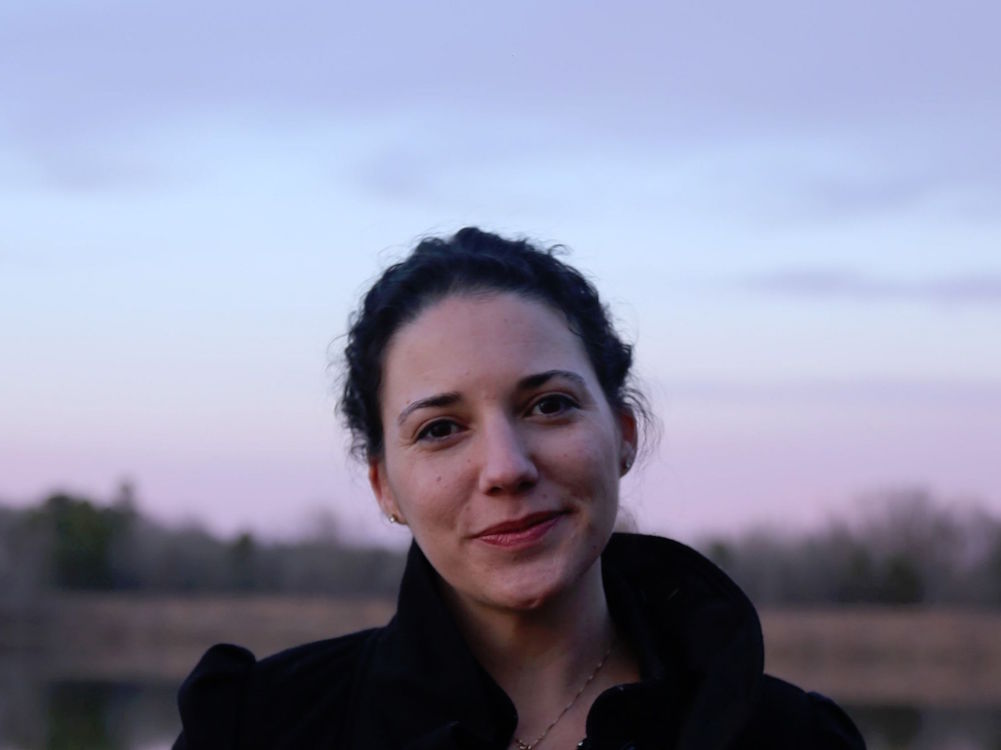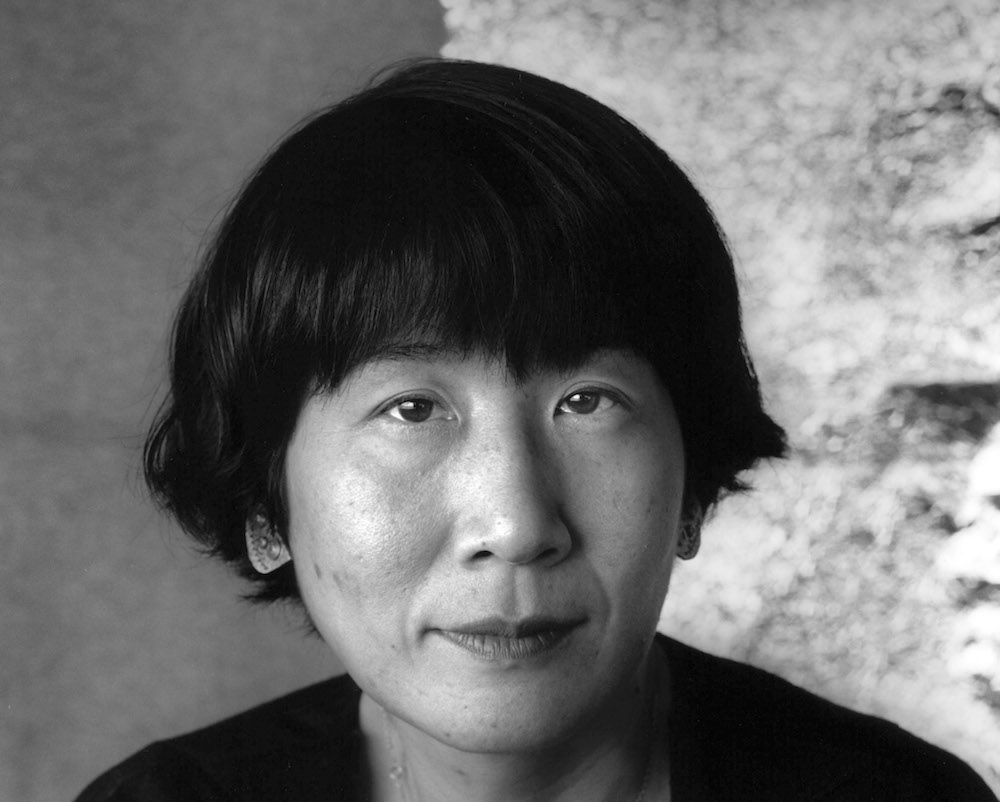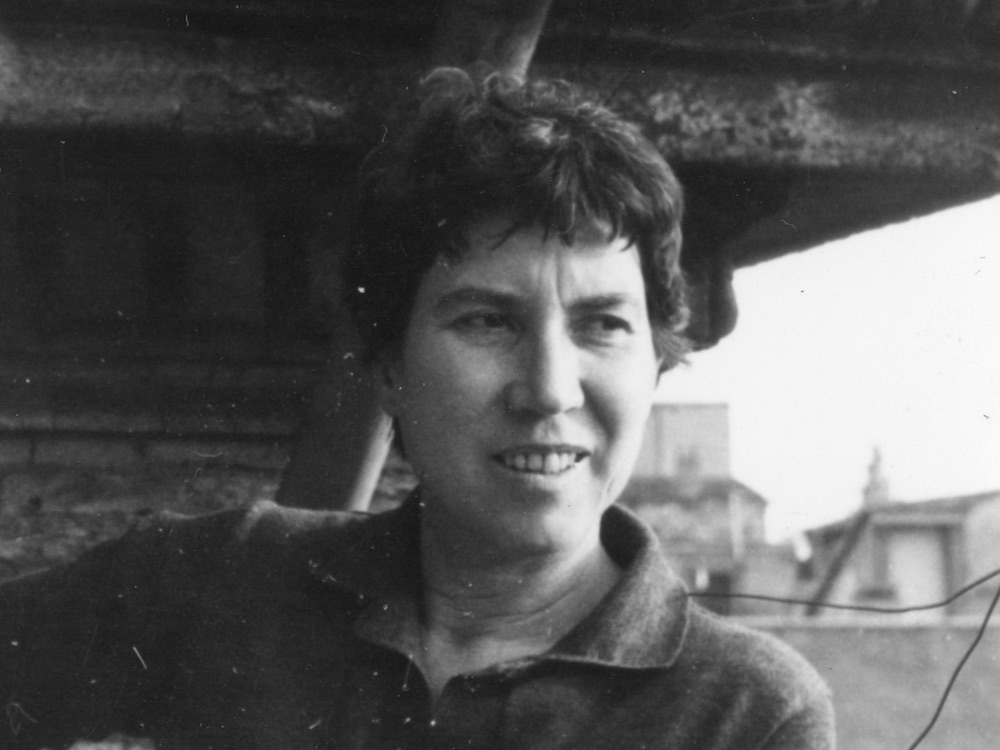I’m inclined to call Mary Miller’s new novel, Biloxi, a lonely book. The narrator, sixty-three-year-old Louis McDonald Jr., is perhaps how one might cynically imagine the average late-middle-age man. He’s recently divorced, distant from his daughter, anticipating an inheritance from his father’s death, and living a quiet, burger-and-beer-fueled existence in front of TV marathons of Naked and Afraid. On a detour to avoid his ex-wife, he impulsively adopts a dog named Layla, and his solitude becomes a strange, blundering parenthood. Louis oscillates between embitterment and naivete, cloaking his anxieties in a devotion to Layla that verges on delusion. But even as he falls prey to shortsighted impulses—which include neglecting his medications, burning through his bank account, and impersonating a Baptist missionary to meet a woman—Louis retains a genuine desire for connection, despite his insistence otherwise. The narrative remains intimate throughout, swinging between neuroses and hilarity to create an empathetic depiction of masculinity. Biloxi is everything I want in a story: a man with an affinity for leftover Chili’s, an antisocial dog with digestive challenges, and a bunch of truly dislikable people I love regardless. —Nikki Shaner-Bradford
Sometime over the winter, Georgian cuisine started working its way into my periphery. Couples at parties recounted their delightful Georgian-dinner date night; when I met a friend on Avenue C, she pointed out a Georgian place one letter west, on Avenue B; I noticed, for the first time, the restaurant Old Tbilisi Garden on Bleecker. In The New Yorker this week, Lauren Collins promises that my experience is not imagined or unique: if past trends can be trusted, then Georgian food is in a pressure cooker of American interest, and the timer will soon ping and we will all dig in. Also following the trend of American appropriation is the way that Georgian menus flow from a tributary: beyond its point of entry, there are complicated and multifaceted streams of influence creating the contemporary culinary culture in the heart of the Caucasus. A central figure emerges, though: Barbare Jorjadze, a princess and poet whose single cookbook is a canonical reference for all aspiring Georgian chefs, both professional and domestic. Collins tells a captivating story in which the soul of a country defines its place on the modern world stage by way of cheese, walnuts, and poetry. —Lauren Kane
Yuko Tsushima’s slim novel Territory of Light, first published in Japan in 1979 and recently translated by Geraldine Harcourt, follows a year in the life of a young, newly separated woman in Tokyo as she attempts to navigate single motherhood and an identity outside of her marriage. The book is at once compassionate and unsparing: the unnamed narrator deals with the complications of moving into a new apartment, stresses about work and money, and drinks too much in public. But her relationship with her young daughter, in which she plays a simultaneous sister-mother role fraught with the anxiety of being the only parent, is genuinely moving, and by the end, I found myself tearing up at its quiet sweetness. I’m not particularly familiar with the Japanese I-novel, a genre defined by its incorporation of autobiographical material—and which both Tsushima and her father, the writer Osamu Dazai, who died by suicide when she was one, apparently excelled in—but Territory of Light makes me want to continue exploring the form. —Rhian Sasseen
Early this week, I was gifted copies of Translating Feminisms, a new chapbook series from Tilted Axis Press that features Korean, Vietnamese, Tamil, and Nepali poets. I began with Emily Jungmin Yoon’s Against Healing, which collects her translations of nine Korean writers. At the outset, Yoon reminds the reader that this “assembling” of poets is not intended as a definitive representation of Korean poetics; rather, “the selection is made from pieces that struck and stunned this translator, out of the texts made most available in the time given her.” It feels exciting that a book can be so explicitly constructed in this way—oriented toward its own limits (which do not disappear) but pressing outward, nonetheless, in small expansions of awe. And the poems themselves do seem to reflect this energy. In “Time for Boiling Eggs,” Kim Seon-U writes, “The 4th minute passes It is not the same world from 1 minute ago It starts to clot Like life, the 5th, 6th, 7th minute passes Turn off the gas Every minute, the egg passes through death Every minute, the egg transforms.” Translating Feminisms and Against Healing promise a multitude of such transformative minutes. —Spencer Quong
The Dry Heart, a newly reissued novel by Natalia Ginzburg, is destined to appear in the hands of sharp young women on New York City subways and in chic, simple purses across the country (it’s very slim), but its title could also function as a gloss of Ginzburg’s entire body of work. Dispassionate is the word for Ginzburg, whose prose, like Didion’s, is fascinated by emotion but is not itself emotional. “Please go away … If you stay longer I shall begin to hate you,” our narrator says to her husband’s mistress—emotion is not out of the question, but it is not an obvious response. The tasks before Ginzburg’s characters—earning a living, drawing breath—stink slightly of the long-steeped fascism that killed Ginzburg’s husband and has left her characters skeptical of hope and zealousness. In The Dry Heart, a woman kills her husband, shooting him between the eyes with a revolver he has long kept for executing that possibility himself. As she leaves the house after the crime, she reflects on how she came to shoot the man she married. I read this book just after finishing another about the postwar condition, a misnomer that in the United States meant vigor and highways, and in so many other nations meant a careful negotiation with survival. Published in 1947, the same year formal peace treaties were signed in Europe, the novel is about deciding whether to continue being human after realizing what those creatures are capable of. The novel is already being marketed as a feminist text, and it is, to some extent—while I’m skeptical of the label’s simplicity, it is feminist in that it makes clear women are just as entitled as men to ennui, despair, and existentialism. So go ahead and make room in your handbag, but be forewarned: it’s a novel that goes best with black. —Julia Berick
from The Paris Review http://bit.ly/2ZEerhm



Comments
Post a Comment